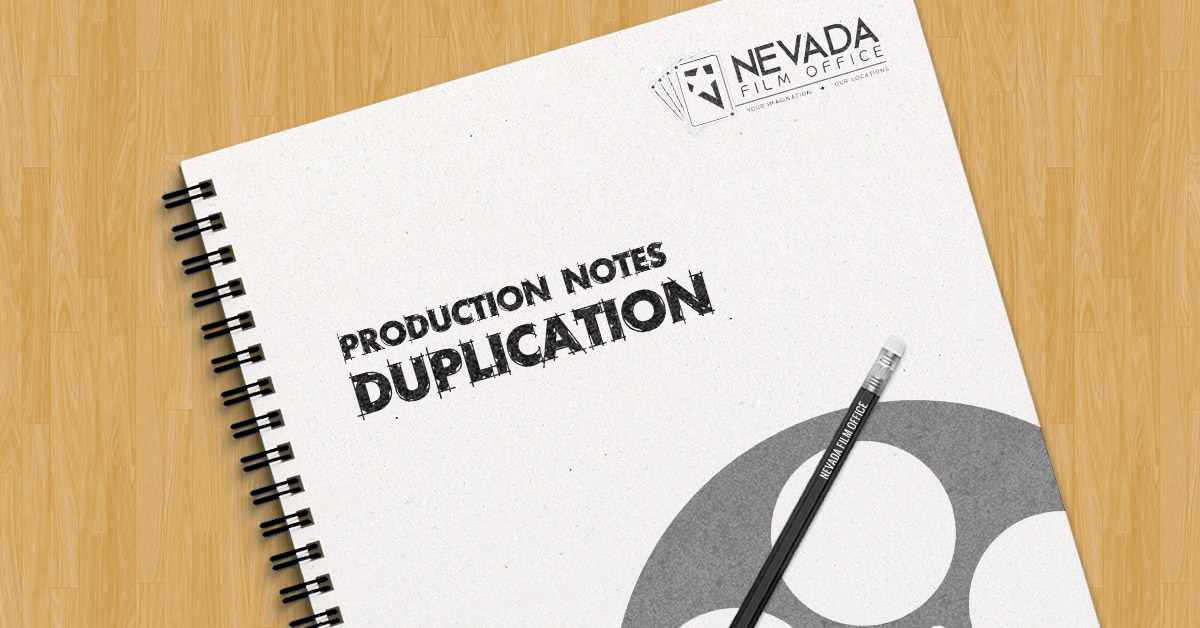
What Are the Reasons for Duplication?
Duplication is a post-production process that involves making a copy of the film so that the original can be preserved while any other post-production effects can be applied to the copies. From open / closed captioning to frame rate conversion, transcoding, and more, duplication is an important part of the post-production process to prevent unnecessary wear and tear on the original film.
Open / Closed Captioning
Open / closed captioning enables the deaf and hard of hearing to enjoy watching their favorite television, movie, and commercial productions with the ability to follow along with the characters’ dialogue and a description of any sounds or noises that contribute to the storyline, such as a baby crying or a door slamming. Related captioning services also include multilingual subtitling to allow for a global audience.
Learn more about open / closed captioning works at movie theaters:
“Everyday Deaf Life: Going To the Movies” by Amanda McDonough
Frame Rate Conversion
Different frame rates are required for different media players in order to optimize its playback. Learn more about frame rates and how it effects the cinema look:
“Frame Rates and Interlacing” by Videomaker
Transcoding
Transcoding is the process of converting footage from one format to another to make post-production editing easier in various software programs. Learn more about why transcoding is needed and how it can help save a production time:
“Do you need to transcode?” by Videomaker
If you offer professional duplication services in Nevada and are not yet listed in our Nevada Production Directory, you can learn more about how to sign up for the NPD here or create a listing here.
Related Production Services: Captioning Services, Editing/Post Facilities